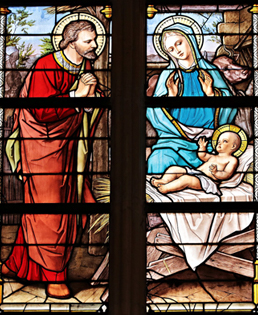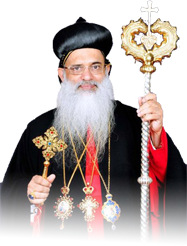The Church in the New Testament
To understanding the Orthodox Church, go back to the pages of the New Testament, specifically to the Book of Acts, and the birth of the Church at Pentecost. On that day the Holy Spirit descended on the Apostles and those gathered in the upper room, and by afternoon some three thousand souls believed in Christ and were baptized. The Scriptures record that when the first Christian Community began, “they continued steadfastly in the apostles’ doctrine and fellowship, in the breaking of bread, and in prayers” (Acts 2:42).
From Jerusalem, faith in Christ spread throughout Judea, to Samaria (Acts 8:5-39), to Antioch and to the Gentiles (Acts 11:19-26).Soon, there were new converts and new Churches throughout Asia Minor and Roman Empire as recorded in Acts and the Epistles.
The Church, of course, was not simply another organization in Roman society. The Lord Jesus Christ had given the promise of the Holy Spirit to “guide you into all truth” (John 16:13).With the fulfillment of that promise beginning with Pentecost, the Church bore more than mere institutional status. She is not an organization with mystery, but a mystery with organization, St.Paul called the Church “a dwelling place of God in the Spirit” (Ephesians 2:22).The Church is a dynamic organism, the living body of Jesus Christ. She makes an indelible impact in the world, and those who live in her life and faith are personally transformed.


